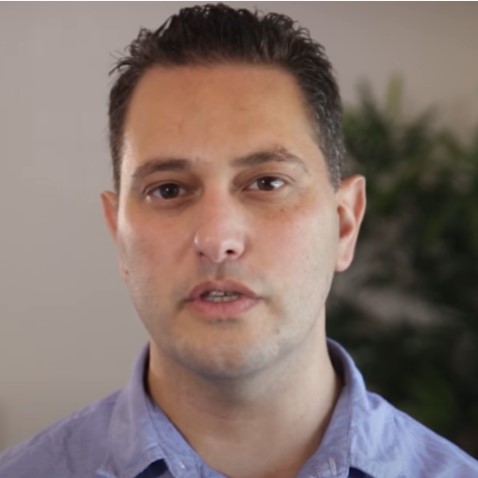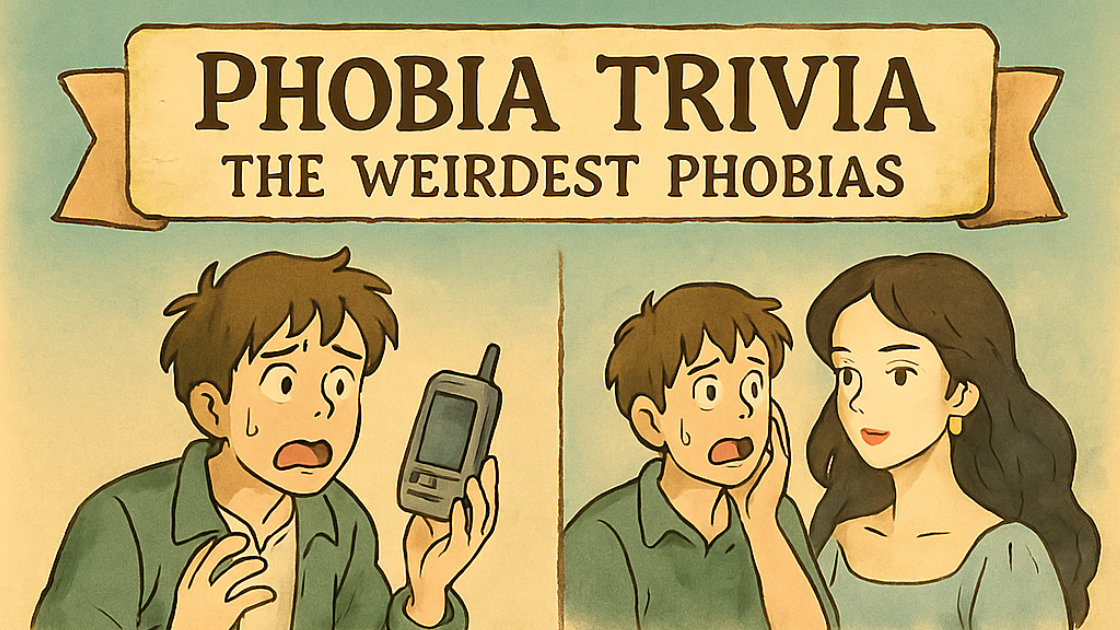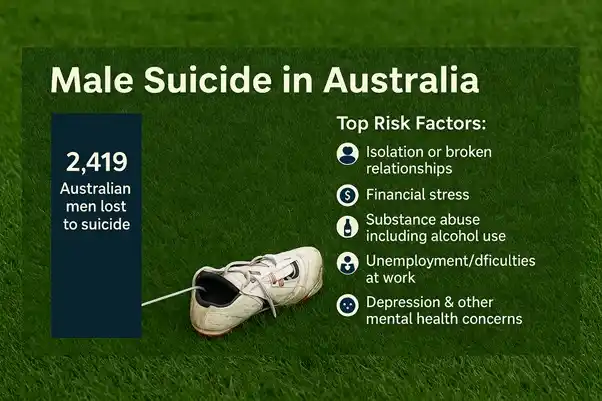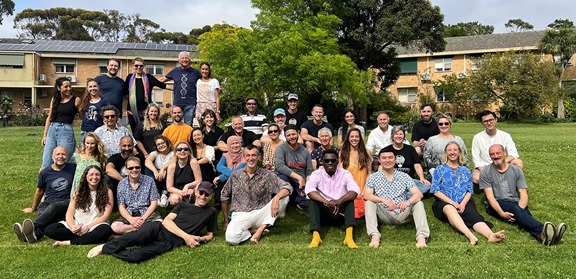Depression beyond the DSM V
Most people have either experienced depression or know somebody who has.
There are two or three subtypes of depression that are well known and represented in the DSM V. They include major depressive disorder, bipolar and dysthymia. However there are two further but less well known types of depression that evolved from psychoanalytic theory, anaclitic and introjective depression
Anaclitic depression
Anaclitic depression arises from the unresolved losses around interpersonal relationships. The loss usually relates to a parent or partner but can include other significant people. The loss includes actual death as well as the ending of a relationship, parental abandonment, long periods of separation from caregivers and emotional misattunement (whereby the emotional experience of the unwell individual was consistently ignored or misunderstood). Individuals with anaclitic depression have a very hard time tolerating separation, being alone and operating from an independent and empowered stance. They spend much of their time thinking about close relationships and how to avoid being abandoned.
Introjective depression
Introjective depression arises when individuals are raised by parents who are harsh, critical, rejecting and emotionally cold. In the absence of parental empathy, warmth and acceptance, an image of the cruel and rejecting parent is created in the mind which becomes part of an individual’s consciousness or “inner voice”. The inner voice attacks the self with harsh, hateful and negative statements. In childhood this helps the young person to behave in a way that avoids parental cruelty and rejection to ensure their survival. Yet it ultimately creates a scenario of repeated self-rejection and corrode’s any sense of positive self regard, self respect and self compassion. At the extreme end, the inner voice may have an agenda that concludes with suicide. Individuals with introjective depression have extremely high standards, and hold a harsh and contemptuous attitude towards themselves. They feel worthless, weak and highly inadequate and see the future as hopeless.
Can I have both introjective and anaclitic depression? How can I get relief?
It is possible to experience elements of both introjective and anaclitic depression. Both can cause significant distress and impairment. Each can be alleviated with psychotherapy, but due to the entrenched nature of these dynamics and their origins early in life, it usually takes a number of months and sometimes years to fully address them. However if you remain committed to the process and work to heal in a gradual way, you can resolve these ailments and lead a more fulfilling and happier life.
Here are a couple of blogs written on this topic you might find useful:
What Are Australians Most Afraid Of? N...
From snakes and spiders to needles and ghosts, fear takes many forms. But what do Australians fear most in 2025? At Bayside Psychotherapy, our expert.
Is It Time For The AFL To Cast A Menta...
At Bayside Psychotherapy we are passionate about mental health and like many fellow Melbournians, many on our team are avid AFL fans. So when two of our.
Exploring Emerging Therapies: Understa...
At Mind Medicine Australia, we are dedicated to transforming the trea.
The Balance of Power in Romantic Relat...
Why do some relationships thrive while others feel like a constant tug-of-war? Power dynamics lie at the heart of this balance.











